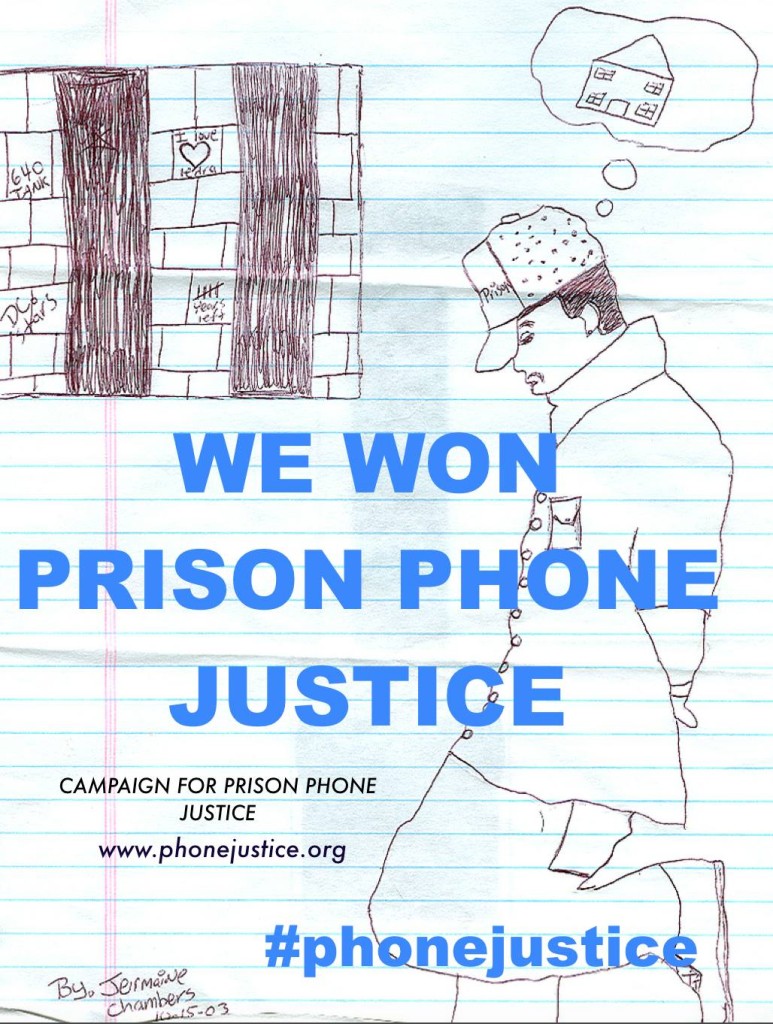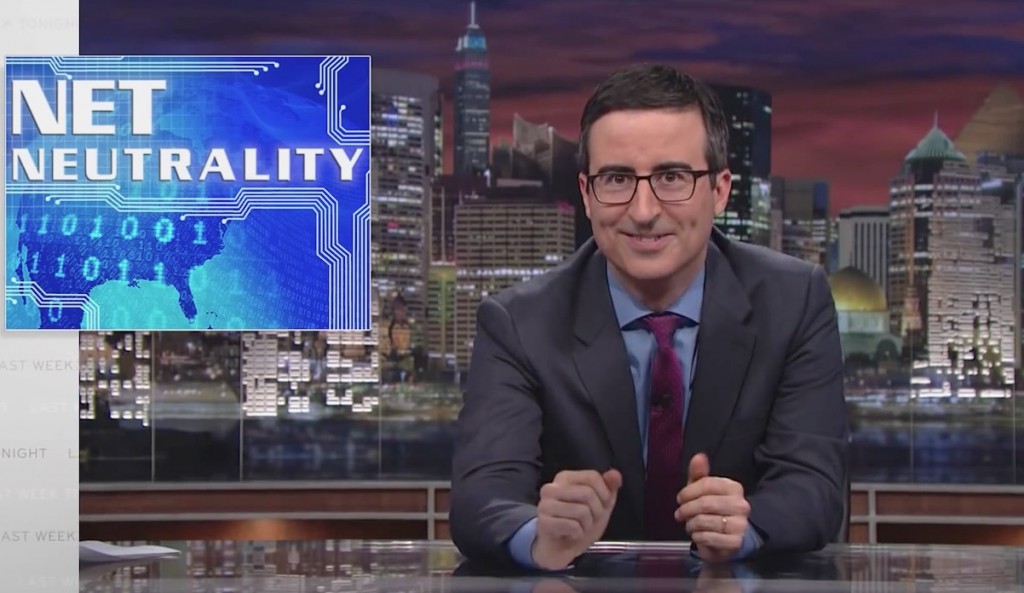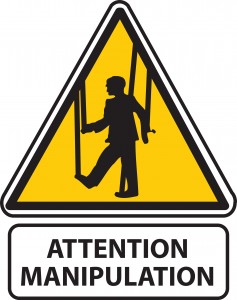
Well, that would be the United States of America – until this morning, that is, when the FCC voted to make prison calls affordable. Thank you for heading up this valuable initiative Commissioner Mignon Clyburn.
Today (Thursday, 21 October 2015), the Federal Communications Commission voted 3-2 to cap the rates and fees companies charge those families struggling to keep in touch with incarcerated relatives by phone. That change came as a direct result of mounting pressure from groups across the country.


